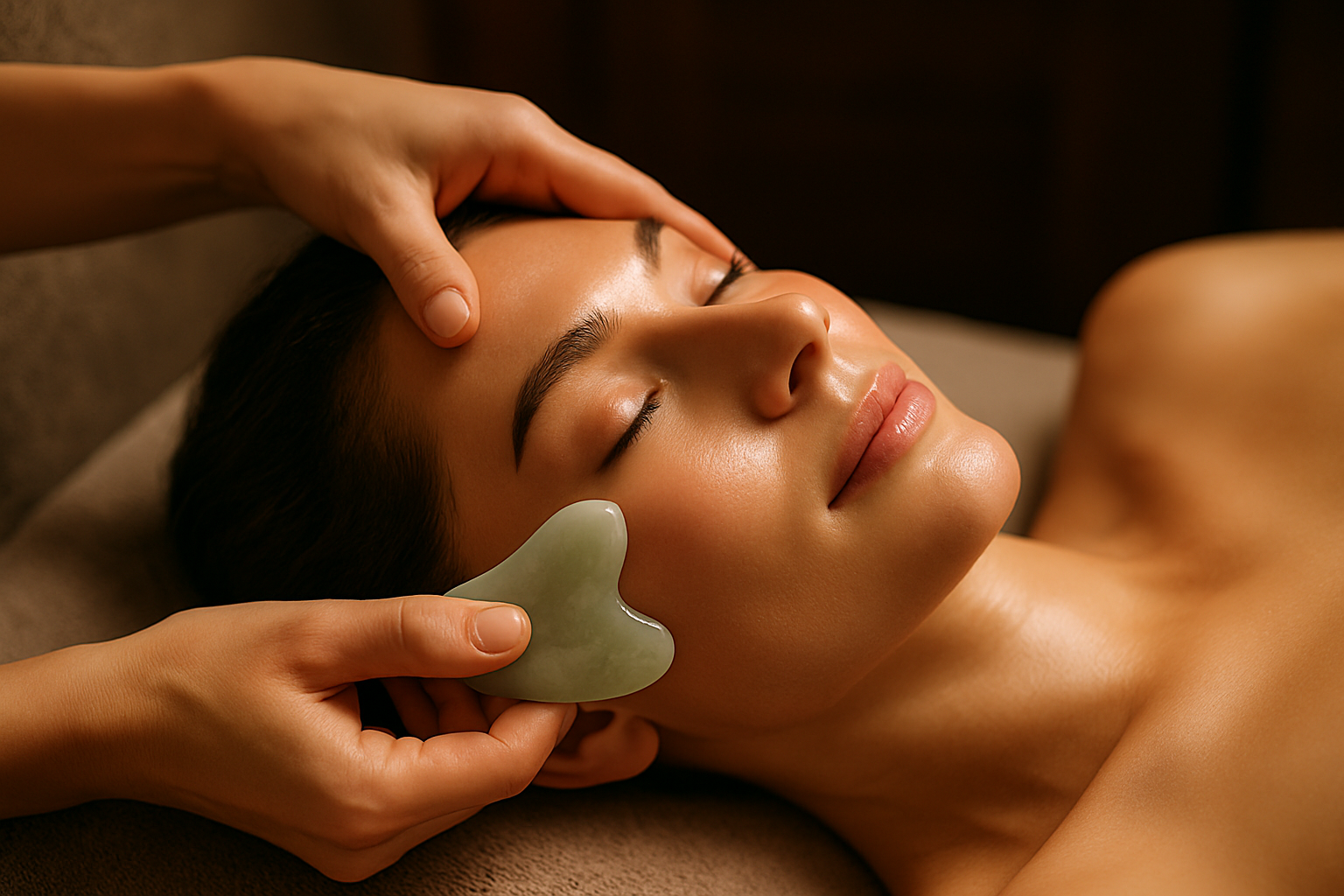Discover the Benefits of Massages for Stress Relief and Health
The benefits of massages extend far beyond simple relaxation; they play a crucial role in stress relief and overall health. From enhancing mental well-being to improving physical health, massages offer a holistic approach to self-care that anyone can enjoy. Here’s a closer look at the various advantages of incorporating massages into a regular routine.

Techniques that Promote Relaxation
Massage therapy encompasses various methods specifically designed to activate the body’s relaxation response. Swedish massage uses long, flowing strokes combined with kneading motions to reduce muscle tension and promote circulation. Deep tissue massage targets deeper muscle layers and connective tissue, helping to release chronic tension patterns that contribute to stress. Hot stone massage incorporates heated stones to enhance muscle relaxation and improve blood flow.
The physiological mechanisms behind these relaxation techniques involve the stimulation of pressure receptors under the skin, which can block pain signals and trigger the release of endorphins. This process, known as the gate control theory, explains why massage can provide immediate relief from physical discomfort while simultaneously promoting mental calmness. Regular massage sessions can help train the nervous system to achieve relaxation more easily, creating lasting benefits beyond the treatment session.
Physical Health Advantages
Research demonstrates that massage therapy provides measurable improvements in various aspects of physical health. Regular massage sessions can enhance immune system function by increasing the activity of white blood cells that help fight infection. Studies have shown that massage can reduce cortisol levels, which when chronically elevated, can suppress immune function and contribute to various health problems.
Massage also supports cardiovascular health by improving circulation and potentially lowering blood pressure. The mechanical pressure applied during massage helps move blood through congested areas, while the release of pressure allows new blood to flow more freely. This enhanced circulation delivers oxygen and nutrients to tissues more effectively while helping remove metabolic waste products that can contribute to fatigue and soreness.
Mental Well-Being and Emotional Balance
The mental health benefits of massage extend beyond simple relaxation. Clinical studies have documented massage therapy’s effectiveness in reducing symptoms of anxiety and depression. The human touch involved in therapeutic massage can trigger the release of oxytocin, often called the “bonding hormone,” which promotes feelings of connection and well-being.
Massage sessions provide dedicated time for mindfulness and present-moment awareness, offering a break from the constant mental chatter that characterizes modern life. This meditative aspect of massage can help individuals develop better stress management skills and emotional regulation. Many people report improved sleep quality following massage therapy, which further supports mental health and cognitive function.
Enhancing Flexibility and Performance
Athletes and fitness enthusiasts have long recognized massage as a valuable tool for maintaining and improving physical performance. Massage helps maintain muscle flexibility by breaking up adhesions in soft tissue and improving the elasticity of muscle fibers. This increased flexibility can enhance range of motion and reduce the risk of injury during physical activities.
Post-exercise massage has been shown to reduce muscle soreness and accelerate recovery time. The increased blood flow and lymphatic drainage promoted by massage help remove exercise-induced metabolic byproducts more efficiently. This faster recovery allows for more consistent training and better long-term performance outcomes. Sports massage techniques can be adapted for recreational exercisers as well as competitive athletes.
Combatting the Effects of Sedentary Lifestyles
Extended periods of sitting and limited physical activity create specific health challenges that massage therapy can help address. Prolonged sitting often leads to tight hip flexors, rounded shoulders, and compressed spinal structures. Targeted massage techniques can help counteract these postural adaptations by releasing tension in overworked muscles and improving mobility in restricted areas.
Massage can also stimulate circulation in individuals who spend long hours in sedentary positions. Poor circulation from prolonged sitting can contribute to swelling, fatigue, and decreased cognitive function. Regular massage sessions can help maintain healthy blood flow and reduce the negative impacts of desk-bound work environments. Chair massage, specifically designed for workplace settings, offers a practical solution for addressing these issues during the workday.
This article is for informational purposes only and should not be considered medical advice. Please consult a qualified healthcare professional for personalized guidance and treatment.
The growing body of research supporting massage therapy’s benefits has made it an increasingly mainstream approach to health and wellness. Whether used as a standalone treatment or as part of a comprehensive health strategy, massage offers evidence-based benefits for stress management, physical health, and overall quality of life. As more people recognize the importance of proactive health measures, massage therapy continues to play a valuable role in maintaining well-being in our increasingly demanding world.




